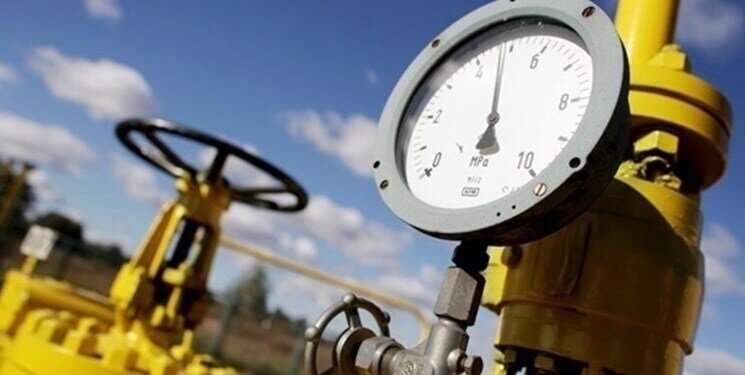Challenges of the new oil minister

TEHRAN - Writing an article in the Tehran Times on Saturday, the proposed oil minister Mohsen Paknejad pointed to the importance of energy security in the world, Iran’s abundant fossil fuel resources (ranking first in the world in terms of total oil and gas reserves), the great and attractive foreign investment opportunities in Iran’s oil and gas industries, energy diplomacy, and other pressing issues.
However, Paknejad, if confirmed by the parliament for the post of oil minister, will face great challenges at home in reforming heavily subsidized fossil fuels, including gasoline, diesel, and household gas as mentioned in his detailed plan for running the Oil Ministry.
Even though Paknejad says decreasing fuel subsidies will be gradual to avoid an economic shock, Iranian society has become too sensitive to any increase in fuel prices. Such sensitivity dates back to the pre-1979 Islamic Revolution.
Paknejad has said part of the income from reducing subsidies for fossil fuels will be allocated to projects to generate renewable energy, conserve energy, and implement projects for optimal use of energy.
He has also pointed to reducing the consumption of energy by households through constructing energy-saving buildings and tapping technologies for energy conservation, developing public transportation systems, reducing the use of private cars, manufacturing fuel-efficient cars, presenting hybrid and electric cars, providing credits to replace old cars with new models, and some other steps.
The nominated minister also points to cooperation with the Ministry of Energy to promote the production capacity of thermal power plants and support plans to generate renewable electricity from sun, wind, etc. He also points to cooperation with the Ministry of Industry in reducing the use of fossil fuels by employing novel technologies.
All things said are quite desirable and imperative. However, implementing them entails brave, serious and painful steps. To achieve these goals the private sector and knowledge-based companies should be given the space to help materialize these goals. The government should also work immediately and seriously to lift sanctions on the country through diplomacy.
It is not an exaggeration to say that local car-producing companies are the main hurdles in realizing part of the plans set by Paknejad. Unfortunately, the local car companies have monopolized the car market. They are producing cars without caring about fuel efficiency and the necessary standards.
In terms of quality, some of the brands these companies are producing are going from bad to worse. The price they “determine” for their cars is also excessively high. If these auto companies keep their monopoly over the market there will be no hope for a reduction in fuel consumption, especially gasoline.
It is just enough to notice that the gasoline consumption in the country has shockingly reached 130 million liters per day.
The proposed energy minister, Abbas Ali-Abadi, who held the post of industry minister for a short time in the government of the late President Ebrahim Raisi, said car companies are making losses. However, if these companies are overstaffed and have failed to reduce their excessive costs and suffer from mismanagement, red tape, or other problems, it is not the citizens who should bear the brunt.
In view of these facts, if the government doesn’t put an end to the monopoly over the car market, if we don’t train environment-friendly citizens or fail to force extravagant consumers to pay the real price of the energy or continue to subsidize gasoline and natural gas, the Oil Ministry’s wishes will just remain on the paper and the situation will even get worse. In that situation, more citizens will fall victim to air pollution in big cities, which even in the summertime reaches dangerous levels.
The new president, Masoud Pezeshkian, and his oil minister must seriously notice that without ending the monopoly in the car market, presenting fuel-efficient or hybrid and electric vehicles at a reasonable price increase in fuel prices will likely lead to undesirable consequences that no one wishes.
There are great challenges ahead. Achieving the goals set by the potential oil minister necessitates courageous steps with the cooperation of certain ministries and some other bodies, including parliament.
Leave a Comment